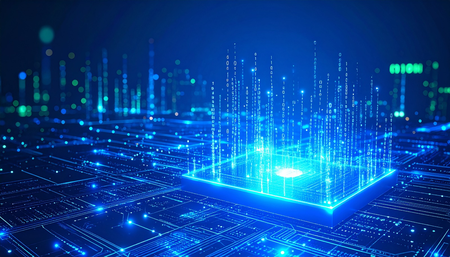
New Delhi — Artificial intelligence will move from making minor discoveries in 2026 to achieving far more significant scientific and technological breakthroughs by 2028 and beyond, according to OpenAI.
The US-based AI company said that while most people still view AI primarily as chatbots or advanced search tools, today’s systems already outperform the smartest humans in some of the world’s toughest intellectual challenges.
“Although AI systems remain inconsistent and have notable weaknesses, the fact that they can now solve such difficult problems suggests they’re about 80 per cent of the way to functioning like an AI researcher, rather than just 20 per cent,” OpenAI said.
The company emphasised the widening gap between how AI is currently being used and what it is actually capable of achieving.
AI systems that can generate new knowledge — independently or by enhancing human capabilities — are expected to have a profound global impact.
In recent years, AI has advanced rapidly, evolving from performing tasks that take humans a few seconds to completing those that require over an hour. OpenAI predicts that soon, AI will be able to handle tasks taking humans days or even weeks, and possibly even those that would take centuries to complete.
At the same time, the cost per unit of intelligence has plummeted — by an estimated 40 times per year in recent years.
OpenAI expects that upcoming AI systems will help people better understand their health, accelerate discoveries in materials science, drug development, and climate modelling, and expand access to personalised education worldwide.
“These tangible benefits can help shape a shared vision of a future where AI doesn’t just make life more efficient, but truly improves it,” the company said.
However, OpenAI also cautioned that the risks of developing superintelligent systems are potentially catastrophic. The company stressed the importance of empirical safety research and global collaboration to determine whether AI development should slow down as the world approaches systems capable of recursive self-improvement.
“No one should deploy superintelligent systems without being able to robustly align and control them, and achieving that requires much more technical progress,” OpenAI added.
With inputs from IANS